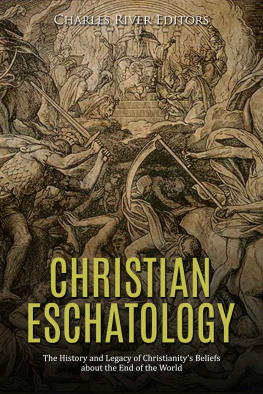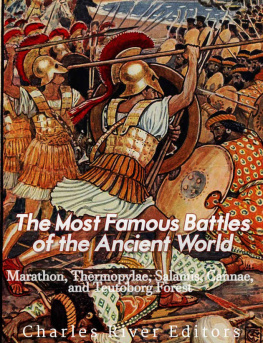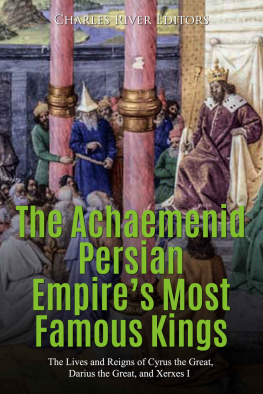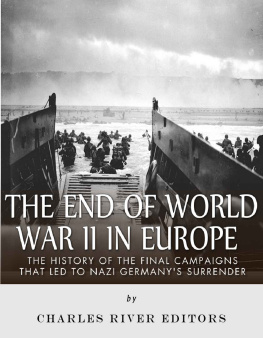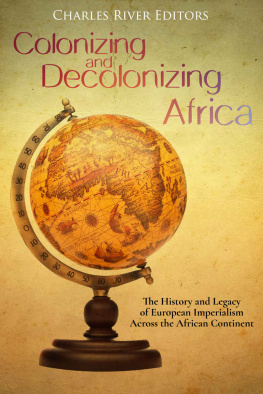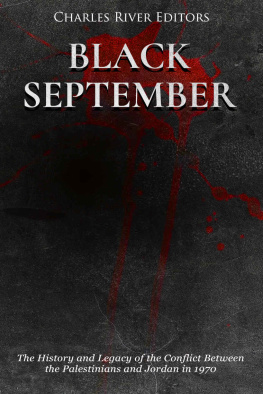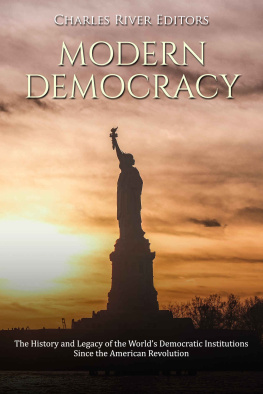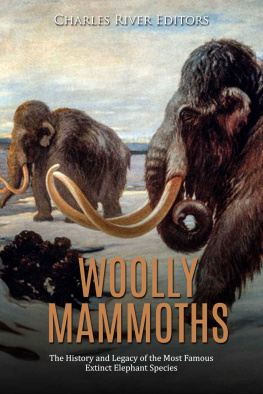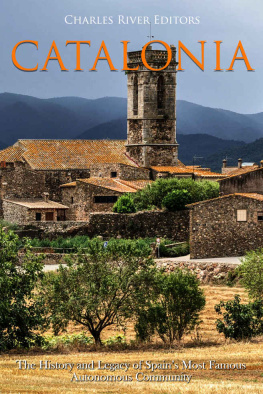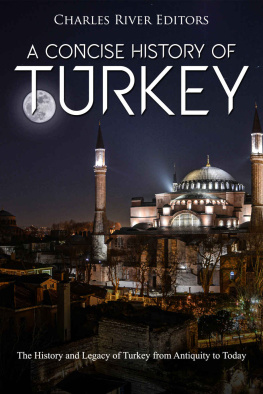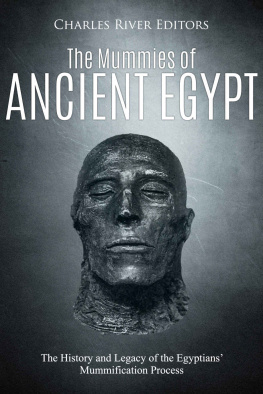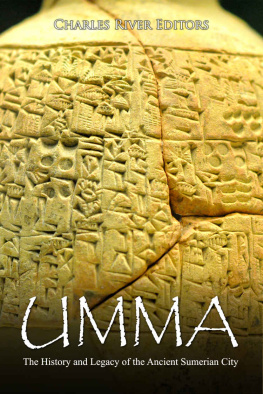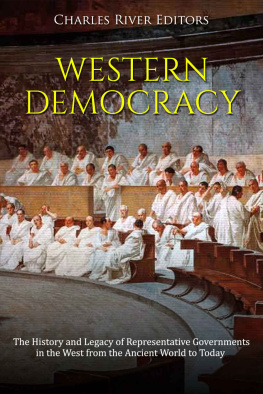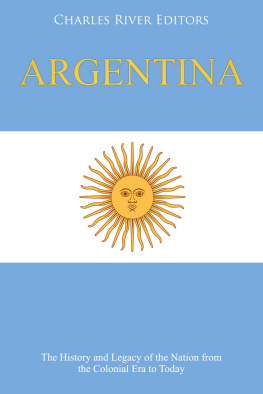Charles River Editors - Christian Eschatology: The History and Legacy of Christianity’s Beliefs about the End of the World
Here you can read online Charles River Editors - Christian Eschatology: The History and Legacy of Christianity’s Beliefs about the End of the World full text of the book (entire story) in english for free. Download pdf and epub, get meaning, cover and reviews about this ebook. year: 2020, publisher: Charles River Editors, genre: Religion. Description of the work, (preface) as well as reviews are available. Best literature library LitArk.com created for fans of good reading and offers a wide selection of genres:
Romance novel
Science fiction
Adventure
Detective
Science
History
Home and family
Prose
Art
Politics
Computer
Non-fiction
Religion
Business
Children
Humor
Choose a favorite category and find really read worthwhile books. Enjoy immersion in the world of imagination, feel the emotions of the characters or learn something new for yourself, make an fascinating discovery.
- Book:Christian Eschatology: The History and Legacy of Christianity’s Beliefs about the End of the World
- Author:
- Publisher:Charles River Editors
- Genre:
- Year:2020
- Rating:4 / 5
- Favourites:Add to favourites
- Your mark:
- 80
- 1
- 2
- 3
- 4
- 5
Christian Eschatology: The History and Legacy of Christianity’s Beliefs about the End of the World: summary, description and annotation
We offer to read an annotation, description, summary or preface (depends on what the author of the book "Christian Eschatology: The History and Legacy of Christianity’s Beliefs about the End of the World" wrote himself). If you haven't found the necessary information about the book — write in the comments, we will try to find it.
Christian Eschatology: The History and Legacy of Christianity’s Beliefs about the End of the World — read online for free the complete book (whole text) full work
Below is the text of the book, divided by pages. System saving the place of the last page read, allows you to conveniently read the book "Christian Eschatology: The History and Legacy of Christianity’s Beliefs about the End of the World" online for free, without having to search again every time where you left off. Put a bookmark, and you can go to the page where you finished reading at any time.
Font size:
Interval:
Bookmark:
By Charles River Editors
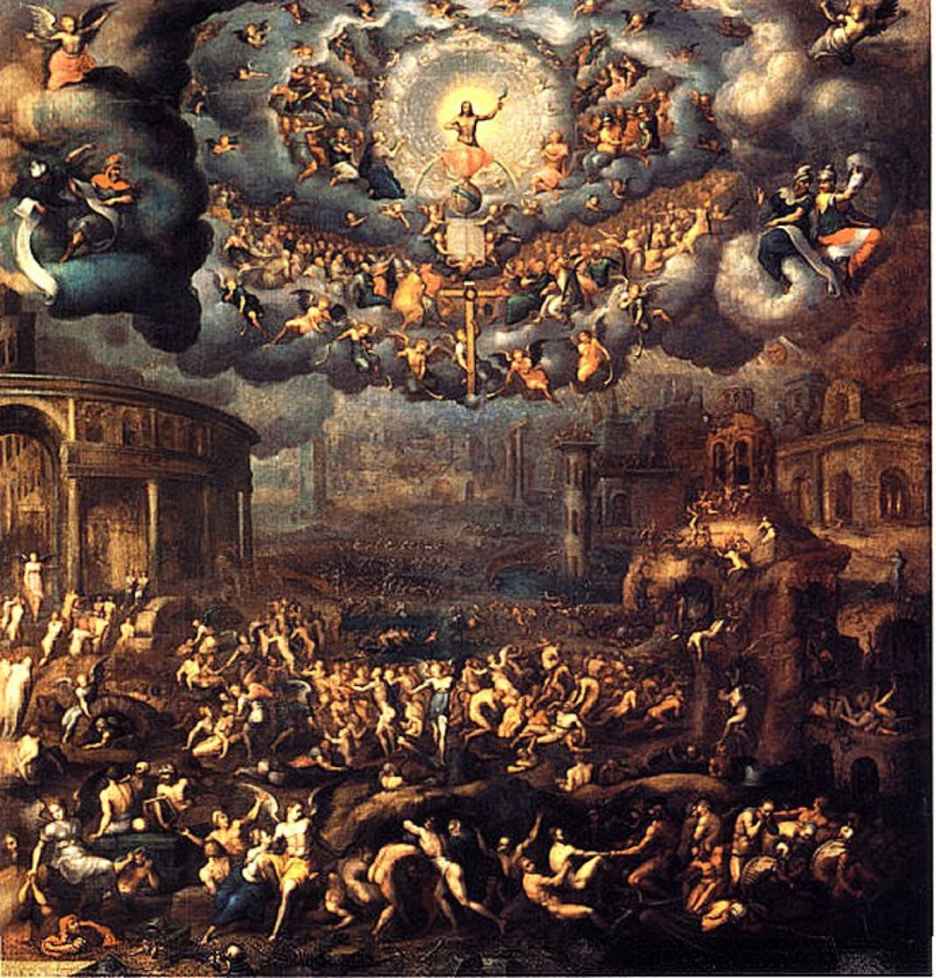
The Last Judgment by Jean Cousin the Younger

Charles River Editors is a boutique digital publishing company, specializing in bringing history back to life with educational and engaging books on a wide range of topics. Keep up to date with our new and free offerings with this 5 second sign up on our weekly mailing list , and visit Our Kindle Author Page to see other recently published Kindle titles.
We make these books for you and always want to know our readers opinions, so we encourage you to leave reviews and look forward to publishing new and exciting titles each week.
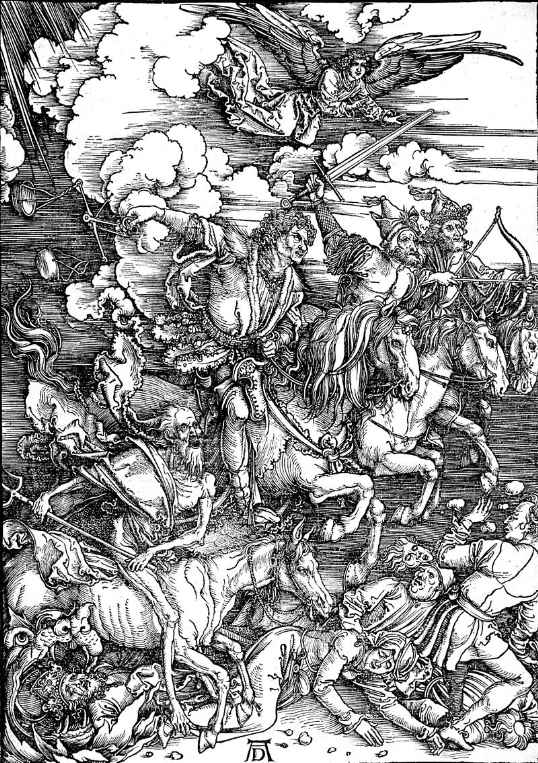
Albrecht Drers depiction of the Four Horsemen of the Apocalypse
Lay people, scientists, philosophers, and theologians have long theorized about death, immortality, and eternity. With science making huge strides forward, some now suggest that science may well be able to extend life, making immortality scientifically feasible, but put simply, nobody can see the future, which relies on creative imaginations.
Given that immortality has been out of reach throughout human history, death has always been a central focus of life, and a belief in the afterlife is a fundamental tenet of many religions. Not surprisingly, a plethora of different views exist, and Christian eschatology is mostly unique, without signs of pantheism or dualism and no doctrine of pre-existence or any trace of Egyptian or Greek ideas or practices.
Even those who dont practice Christianity know that the religion deals heavily with life, death, and the end of the world. Those with real faith in the God of the Bible believe that Christian thinking is not based on human imagination but on the Word and authority of God. Christian dogmas are Scriptural, meaning they can be traced back to the Bible, and reformed theology insists that all authority is seated in the ultimate author of Scripture: God. This implies that the Christian dogma of future events is not influenced by people themselves.
If Christian dogma relies on the Bible, many could be forgiven for assuming that there should be a general agreement within Christianity about the end times, but due to the historic fragmentation within various Christian denominations, there is little agreement between the vast array of Christian churches regarding the end of the world. As such, Christian eschatology is confusing and hugely complex as a whole.
The main reason for this is that the Bible does not paint a clear picture of the end times, and Biblical prophesies often use symbolic language that makes interpretation difficult. To complicate this further, the different branches of Christianity follow different hermeneutical strategies, leading to vastly different conclusions. This problem has become increasingly toxic over the last two centuries, which is unfortunate since the differences are based on subjective interpretations.
While there are similarities in the theologies of the more orthodox churches (such as the Presbyterian, Lutheran, Eastern Orthodox, Anglican, and the Roman Catholic churches), the confusion is caused by two extremes: theological liberalism that adopted Kantian and evolutionary principles and the many independent churches that follow very literal Biblical interpretations. Both groups can often be defined by what they oppose rather than their dogmas.
Christian Eschatology: The History and Legacy of Christianitys Beliefs about the End of the World analyzes how Christianitys views on the end times were shaped, how they evolved over time, and the differences in beliefs among various Christians. Along with pictures depicting important people, places, and events, you will learn about Christian eschatology like never before.
Christian eschatology is the branch of theology concerning itself with the study of the final events in the history of the world and humankind, and the term eschatology itself is based on passages of Scripture that speak of the last days ( eschatai hemerai ) (Isaiah 2:2; Micah 4:1), the last time ( eschatos ton chronon ) (I Peter 1:20), and the last hour ( eschate hora ) (I John 2:18).
Given the importance of the subject, Louis Berkhofs Systematic Theology (1999) regarded eschatology as the crown of dogmatic theology and argued that all other branches of theology leave unanswered questions about how God is finally glorified in the work. According to his work:
- In anthropology, the question is how the disrupting influence of sin is completely overcome.
- In Christology, the question is how the work of Christ is crowned with perfect victory.
- In Soteriology, the question is how the work of the Holy Spirit manifests in the redemption and glorification of the people of God.
- In Ecclesiology, the question is the final apotheosis of the Church.
All of these questions find their answers in eschatology, as Berkhof pointed out when quoting Theodore L. Haering as saying, As a matter of fact it [eschatology] does shed clear light upon every single section of doctrine. This is a somewhat surprising statement, because while certain branches of Christianity have similar beliefs when it comes to eschatology, such as between the Catholics and Eastern Orthodox Christians, there are major differences between the orthodox views of the Catholic and Reformed dogmas and that of Evangelical churches that hold to millennialism and/or dispensationalism.
To fully grasp Christian eschatology, it is necessary to understand certain Biblical dogmas about death and the end times.
The Biblical view of death is anything but morbid. All Christians are familiar with the phrase, Repent and live. It is central to the religion that people die because they are sinners. Romans 6:23 states, For the wages of sin is death, but the free gift of God is eternal life in Christ Jesus our Lord. With the curse of death, however, comes the promise of life for those who believe and repent.
Christians believe that humans have a physical body (material substance) and a soul (immaterial substance). This view is based on Genesis 2:7, which states, And the Lord God formed man from the dust of the ground and breathed into his nostrils the breath of life, and man became a living soul. After Christs incarnation (God becoming man), His human form included a human body and a human soul as well.
The creation of man in Genesis 2:7 indicates that humans are not pre-existent (neither body nor soul). Like the body, the soul was also created in the beginning.
The Bible teaches that humans have a body, spirit ( pneuma ), and soul ( psuche ). One should define this for a clearer understanding. Matthew 10:28 and Luke 12:4 speak of bodily death, meaning the physical body is the living organism. Body and spirit form one soul, which can be defined as a living being or person. The Bible says, And the LORD God formed man of the dust of the ground, and breathed into his nostrils the breath of life, and man became a living soul (KJV, Genesis 2:7 ).
The Old Testament word for spirit is ruach. This can be translated as life, or the mind, desires, and will of a person. In the New Testament, the word translated as soul is psuche . This means breath or the soul. In the New Testament word, soul could mean, person, life, or spirit. The New Testament also uses the word pneuma, which means wind or spirit. This word can refer to a metaphysical person (like an angel) or to a persons attitude or frame of mind.
Font size:
Interval:
Bookmark:
Similar books «Christian Eschatology: The History and Legacy of Christianity’s Beliefs about the End of the World»
Look at similar books to Christian Eschatology: The History and Legacy of Christianity’s Beliefs about the End of the World. We have selected literature similar in name and meaning in the hope of providing readers with more options to find new, interesting, not yet read works.
Discussion, reviews of the book Christian Eschatology: The History and Legacy of Christianity’s Beliefs about the End of the World and just readers' own opinions. Leave your comments, write what you think about the work, its meaning or the main characters. Specify what exactly you liked and what you didn't like, and why you think so.

